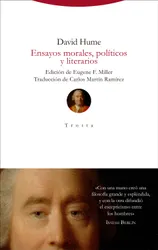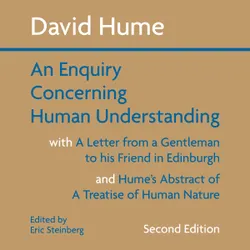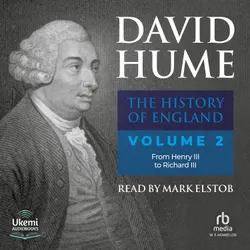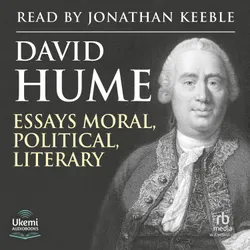In Volume 4, Hume closes his account of ‘England Under the House of Tudor’ begun in Volume 3, and devotes it entirely to the reign of Queen Elizabeth I. It was not really expected that she would survive to accede to the monarchy; and it was certainly unexpected that she would rule for so long (1558-1603) while steadfastly declining to take a husband. All in all, her reign was a remarkable achievement.
Elizabeth had so much to contend with over the years. From the start, she had to oversee the reinstatement of the Protestant religion after the tumultuous reign of her sister, Mary. Then came the testing matter of Mary, Queen of Scots which dragged on for decades.
There were also numerous Catholic conspiracies (many threats to her personally), requiring close attention by her protective spymaster ministers William Cecil and Francis Walsingham.
Then there were the complex relationships with other leading European powers, France and Spain, culminating in the spectacular climax in 1588 when Sir Francis Drake (and the weather) routed the Spanish Armada.
Hume does not approach Elizabeth and her reign with the ‘unbounded panegyrics’ so often adopted by historians before him. He criticises them for ‘having been so extremely ignorant of the transactions of this reign as to extol her for a quality which, of all others, she was the least possessed of – a tender regard for the constitution, and a concern for the liberties and privileges of her people.’ This, Hume insists, was not quite Elizabeth.
Despite acknowledging her popularity, Hume is at pains in his History to present a more rounded portrait. ‘The prerogatives of this princess were scarcely ever disputed, and she therefore employed them without scruple: Her imperious temper, a circumstance in which she went far beyond her successors, rendered her exertions of power violent and frequent, and discovered the full extent of her authority.
However, he continues, ‘the great popularity, which she enjoyed proves that she did not infringe any established liberties of the people’.
In Volume 4, Hume shows himself to be a historian of character and clarity, but also demonstrates his scholarly integrity. In the controversial issue of the guilt or innocence of Mary, for example, he went back to original documents to support his opinion. This is why his History of England remains an informative and stimulating account in the 21st century.











